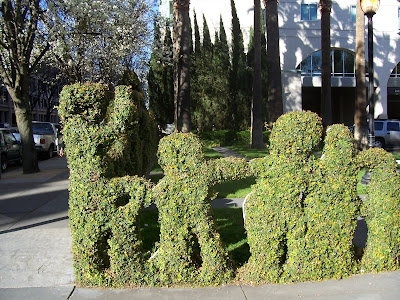Election-time Marechera
Sometime in 1986 Dambudzo Marechera wrote a series of poems entitled "There's a Dissident in the Election Soup". These poems make up Chapter 11 of the post-humously published Cemetry of Mind , compiled and edited by Flora Veit-Wild. Since Zimbabweans are voting on Saturday, March 29, it is important to ponder upon what Marechera had to say about the voting process, that is, if the poems are even about elections. In "A Strong Case for Crap Artists by One Againsts Them", Marechera writes: The soil we cherish as country or continent Is but humanity turned to dust, to grass, to tree And many a tear shed for fallen friend returns next As admired landscape wrenching a dewy drop in the cause of Art. Was he talking about the underdevelopment of Africa that makes the continent appear like it's regressing while others are progressing? That we cherish being African is indeed true and sound, a valid assertion. "Humanity turned to dust" alludes to death,



